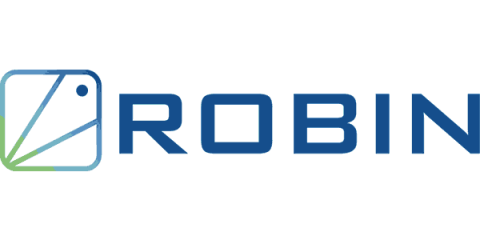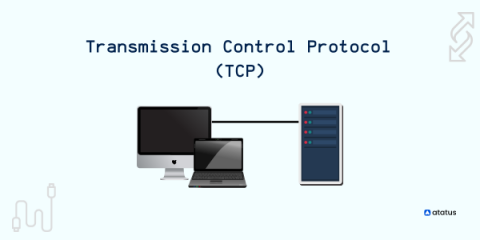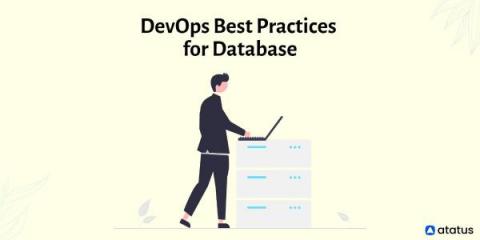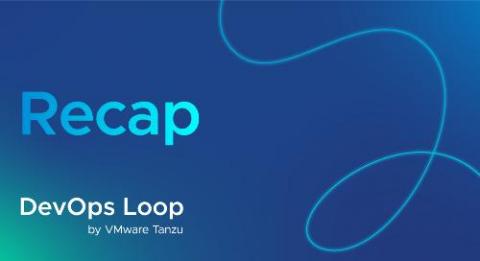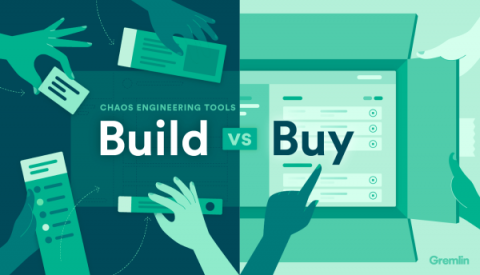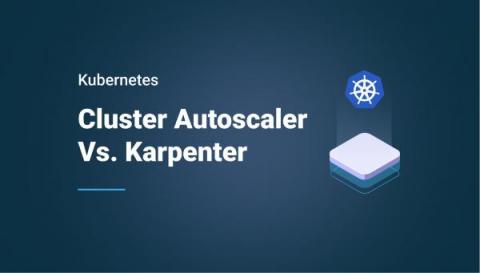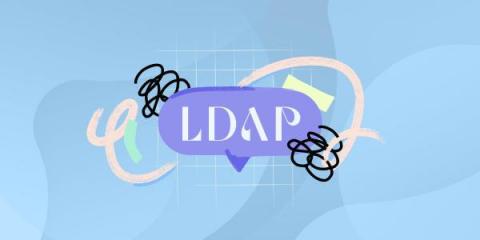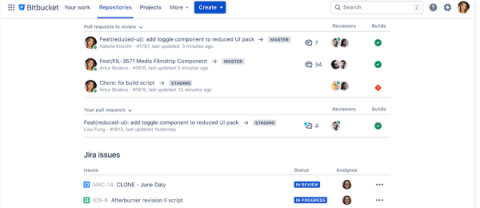Creating competitive differentiation in telcos through cloud-native
It’s never too early or late to start talking about cloud-native. By 2025, more than 95% of new workloads will be deployed on cloud-native platforms. Clearly, a lot of organizations are on their way to cloud-native adoption, among them some of the prominent telecom operators of our time. After all, the benefits of cloud-native are most pronounced in the telecom sector, where the need for scale, automation and predictable cost structure at optimal OPEX and CAPEX is more persistent than ever.


